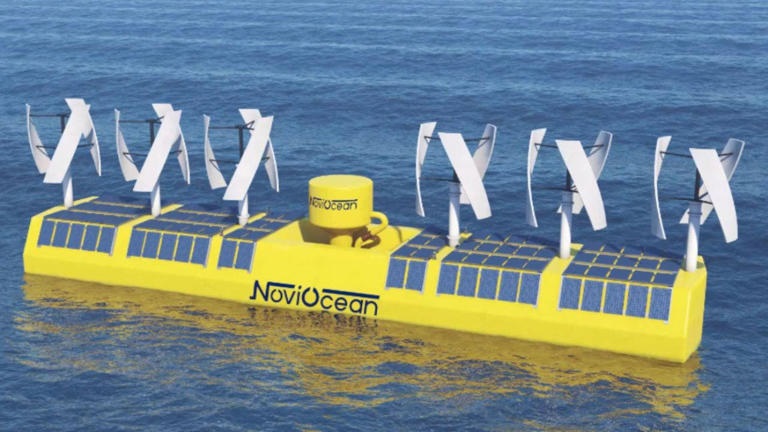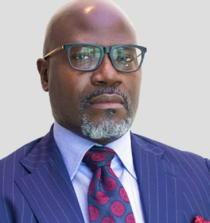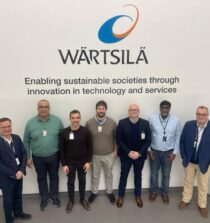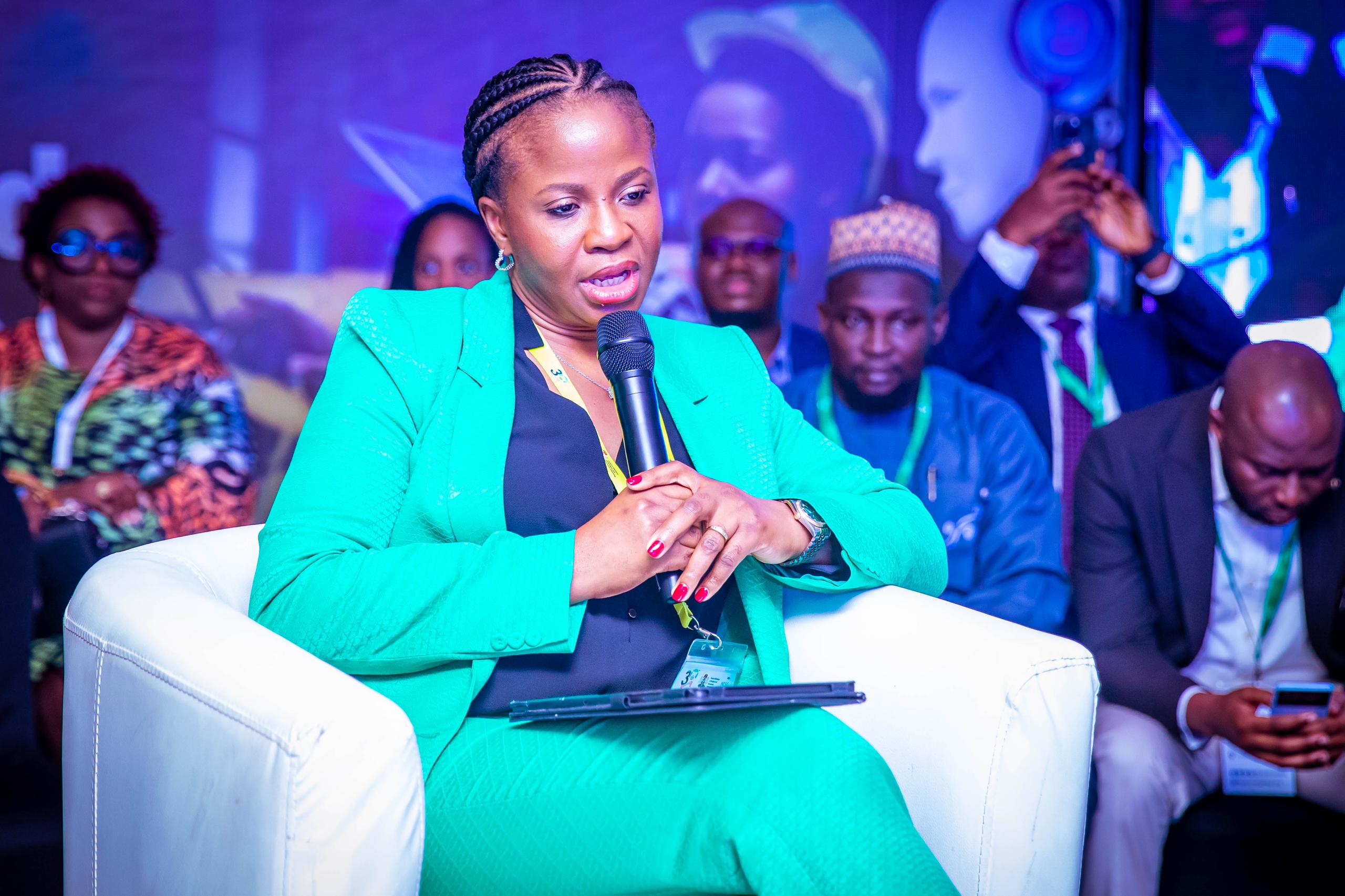Sola Lawson is the Investment Director for West Africa at the African Infrastructure Investment Managers (AIIM), a member of the Old Mutual Alternative Investments (OMAI), the most experienced infrastructure equity investment manager in Africa with over 17 years track record and US$1.9 billion in asset under management across the power, telecommunications and transport sectors on the continents and operations in East, West and South Africa. Olusola holds a B.Sc Economics (Hons) from University College, London and has played a key role in originating investments in West Africa. He led AIIM funds’ investment into IHS Towers and Nigeria’s Azura-Edo IPP, as well as playing a key role in the investment into Cenpower Generation Company in Ghana. He was at the 6th Powering Africa Nigeria Summit, at Transcorp Hilton Hotel, Abuja, where he speaks with Oke Peter on Africa’s power investment and infrastructure. Except:
What do you think are Nigeria’s current power infrastructural requirements and what do you think are the ways the projected 17,000 megawatt demand can be achieved?
In terms of what the requirements are, let me put it this way, average Nigerian consume three per cent of what an average South African consume and Nigeria is about the same size of South Africa in terms of potentials, South Africa has 60 million people and Nigeria has 180 million people, South Africa has about 40,000 megawatt, Nigeria has 6,000 mw, that shows you that what potentials we have, if we are able to generate 20,000 mw on grid, I believe we will meet the projected demand. 20,000 megawatt will be sufficient for Nigeria’s industrial and commercial and residential use.
What are the challenges you face in executing infrastructural development in Africa? Like funding, private partnership involvement.
Let’s start with the basic, in every economy, the biggest funder is the government, it is the government that builds most of the roads, airports and provide basic services among others. We are private sector investor’s managers, and interestingly in our 17 years of operation, we have successfully managed about $2 billion worth of investment. We are probably the longest running private investment managers on the continent. Over 17 years, we have in so many deals, and some of the lessons learnt are what works and what doesn’t work, is that the project that you are delivering, need to be value for money, there is no point building an expensive roads without bringing income, it can’t work, though it can look good on papers, but you need to deliver service and value for money. Secondly, the service that you deliver needs to have right impact on the community and people-oriented, once you have those two elements, for private investors to invest, you need to have a stable legal, regulatory and sustainability plan. As an investor, I would not want the next government to come and cancel a project I have invested in, so you need to have a stable legal, regulatory framework, you need to have a macro-economic environment that attracts good returns on investment, because it is difficult to realize in good investment in fluctuating economy and the projects need to be economically attractive for investors like us to put our investors money to work you need to target very attractive return and another one is that the project needs to be economically assertive for investors like us. So for us to involve in any deal and put out investors money to work, you need to guarantee us good returns, these are some of the pointers that have been our projection in the last 20 years of infrastructural investments.
Do you partner with government, in soliciting for financial assistance or financial institutions in securing loan facilities for your projects?
Let me tell you the way we work in Nigeria, because we are actually a South African company, the first project we did in Nigeria was the Lekki Concession Company (LCC), in Lagos, we are actually the largest shareholder in the project, and we partner with local private sector and on that project, we partner with the Lagos State government, in helping to implement the project from conception to execution, since then, we have invested in private companies, like IHS Towers, we manages most of the major telecommunications towers in Nigeria, and that is largely a private sector deals. The other one is the Azura Power, we have 450 megawatt on grid power plant and we also partner with the Edo State government to be able to deliver outstanding projects.
What has been the Nigerian government collaboration, does the government partner with you? Do you advise government on investment-related issues and when you give advise, do they implement them?
As I said earlier that we have been on ground for a long time, and we have executed many projects, also, many governments have come and gone. LCC was a ground breaking achievement in our history. We received support from the Lagos State government, we also have Federal Government assistance, and we ensure that our projects worth investing in it, and in Azura project, Edo State government was involved and generally, the framework for PPP in Nigeria has been wonderful, a PPP unit was established in Lagos State. We have bodies of specialists, who are experts in various field to pursue these deals and as well as liasing with relevant government authorities.
What are the Nigeria’s renewable energy potentials and the key areas of interest for your organization.
There are many area of interest for our organization, for example, sun does not shine in some parts of the country, in terms of radiation and sunshine, we have big potential. With solar we have an estimate of like 40 kilowatt. There is a big potential and how do we utilize that, clearly, there are two ways, one is big project that will go with on-grid, but when you have a constraints, in terms of this project, the constraint is that if the sun doesn’t shine for 24 hours, if it does for about 12 hours, that means you can only generate power for 12 hours. That means that the power for that particular plant is going to be fluctuating. We have too much of that power on-grid, in fact we have more than 20 per cent of renewable power on the grid and it is likely, so you cannot have so many big solar power being generated from the grid. The other solution for solar is to have the renewable power to have home solar system where people can charge mobile phones, power lighting bulbs, television, and radio, among others. This solar system can help business thrive and the advantage with that kind of system is to integrate them with batteries and just like inverter systems that people use at homes, we don’t have grid power and you can use your inverter batteries. That on a much bigger scale is another big potential for solar power.
What are some of the projects that you have executed successfully in Nigeria?
The LCC, that we invested in 2008, it was a successful project, the IHS Towers in 2012, we are still in it, Azura Power project is another one in 2012 and we are still in the deal. And we are looking at other transactions as well that we will announce soon. How do you sustain those projects? The most important thing that we do is to have management team that capable of administer our plans, there is no substitute for having best people that have sound experience in managing companies, one of the biggest thing we have done is to find a reliable team of experts that manages our affairs and investors money and this has been of a great help to our company. We are committed to develop Africa’s infrastructural projects.
October 24, 2024








